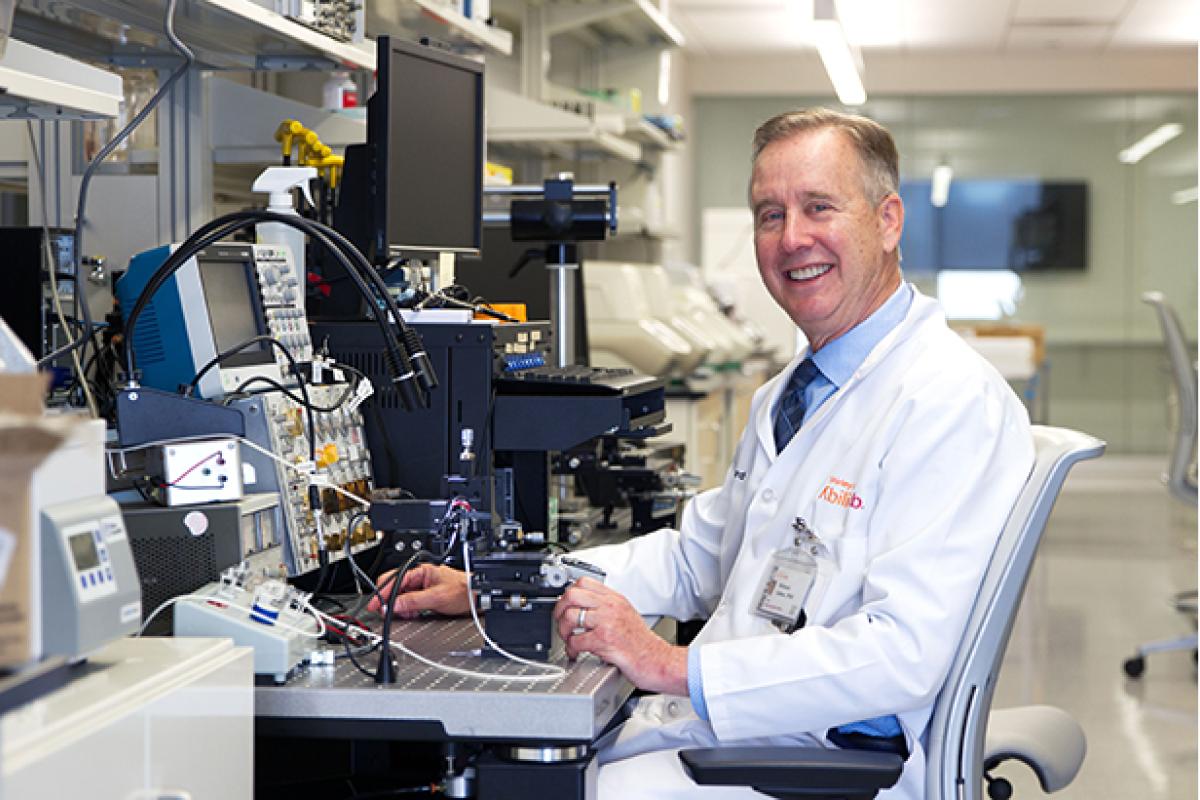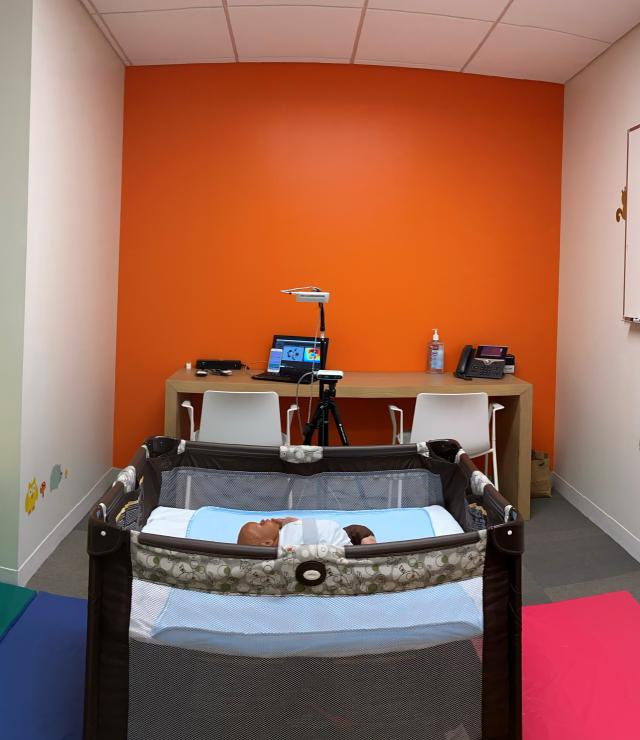Not Finding What You're Looking For?

COMPLETE: Evaluation of a Robotic Trainer for Children with Cerebral Palsy
The purpose of this study to determine the safety and benefit of the BiOMOTUM RAAD robotic exoskeleton device to provide resistance as a tool used in walking training intervention in the pediatric cerebral palsy population.
Research Project

Dr. Lieber To Receive AACPDM's Lifetime Achievement Award for Research on Cerebral Palsy
On Oct. 11, Richard Lieber, PhD, chief scientific officer and senior vice president, Research, will receive the American Academy for Cerebral Palsy and Developmental Medicine's (AACPDM) Lifetime Achievement Award during the group's virtual annual meeting.
News

Dr. Rick Lieber Receives 2023 Elsass Foundation Research Prize for Impacting Lives of People with CP
On March 27, Shirley Ryan AbilityLab’s chief scientific officer, Richard Lieber, PhD, was named the recipient of the 2023 Elsass Foundation Research Prize in recognition for being “one of the world's leading researchers in the field of cerebral palsy (CP).” He was nominated by his long-time collaborator Jan Fridén, MD, PhD, professor of hand surgery, Swiss Paraplegic Centre in Nottwil, Switzerland.
News
An Active Life with Cerebral Palsy
Born with CP, Michelle started receiving rehabilitation when she was only 6. Since then, she has made amazing changes and now leads a full, active teenage life.
Patient Story
New Research Shows Promise to Improve Walking in Kids with Cerebral Palsy
A new study is first to provide direct evidence to indicate that improving weight shifting capacity of children with CP may improve overall walking function.
Blog

Wearable Sensor and Video Platform to Monitor Motor Development in Infants
The goal of this project is to develop an automated, precise, quantitative biobehavioral assay for detecting infants at risk, and then rigorously test an early-life intervention to promote typical motor movement and sensory development in those infants in a manner designed for uptake and dissemination.
Research Project

Stiff Knee Gait and Rectus Transfer
The aim of this study is to evaluate the relationship of the hip power in 3D Gait Analysis to select a set of preoperative gait features that distinguished between good (i.e., no longer stiff) and poor (i.e., remaining stiff) postoperative outcomes after rectus transfer surgery in children with Cerebral Palsy.
Research Project